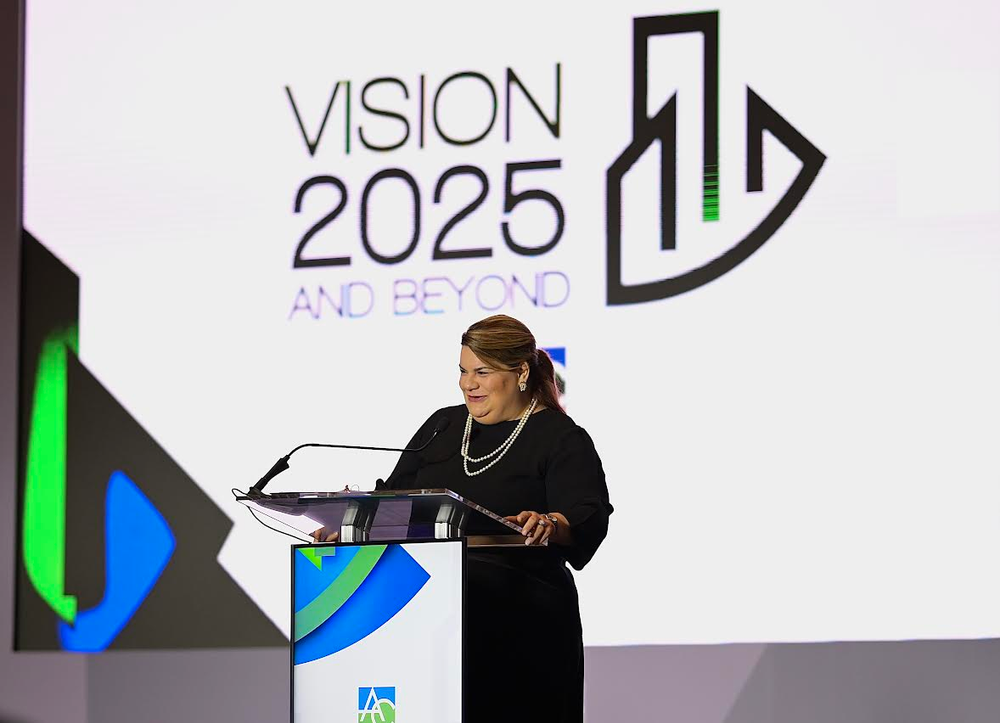
By Laura N. Pérez Sánchez and Patricia Mazzei
One summer evening at a new eatery in San Juan, María Mercedes-Grubb was about to add coarse salt to a perfectly grilled steak when the lights went out, resulting in an early closure.
According to Mercedes-Grubb, who serves as the executive chef at Mamplé, the establishment experienced at least five power outages in its inaugural month, each presenting a financial setback for the business and its staff.
“In a restaurant, it takes weeks to recover what you lose in just a day’s operation,” she remarked. “It’s truly disheartening to see your entire team idle out front, without generating income.”
Government statistics reveal that power outages have surged in both frequency and length across Puerto Rico in the past year, affecting all aspects of daily life. Seven years following the devastation of Hurricane Maria, the power grid remains delicate, inefficient, and costly — Puerto Ricans endure some of the highest electric bills in the country — despite the privatization of the power transmission and distribution network in 2021.
Puerto Ricans residing in swing states gained prominence in the presidential election when a comedian at a rally for former President Donald Trump referred to Puerto Rico as a “floating island of garbage.” Vice President Kamala Harris and her supporters condemned the derogatory comment, while Trump swiftly sought to dissociate himself from it.
However, the over 3.2 million Puerto Ricans living on the island can only cast symbolic ballots for president. Their most pivotal election on Tuesday focuses on the governorship, with the electricity issue being a primary concern in the competitive four-way race, worsened by Hurricane Ernesto’s brush with the island in August.
The ongoing blackouts have sparked an unusual surge in political involvement, partly due to the negative impact on small businesses that are crucial to the economy. Some establishments are offering discounts to patrons who provide evidence of their voter registration. Business owners have utilized social media to call for voting, particularly when sharing posts about closing due to outages. Recent months have seen a strong uptick in new voter registrations.
During the gubernatorial candidates’ debate this month, all four contenders expressed support for terminating the island’s 15-year agreement with Luma Energy, the private Canadian-American consortium managing the electrical grid. This was not an initially shared stance among all candidates.
Their position is more politically motivated than practicable: Annulment of the contract might lead to losses in the hundreds of millions and will require authorization from the fiscal board, appointed by Congress, which has been in charge of Puerto Rico’s financial matters since 2016.
While critics highlight the power outages as proof of poor management, Luma asserts its dedication to addressing “historic challenges” the electrical system has faced.

“We have made significant strides while fulfilling all of Luma’s contract stipulations, and we are operating within budget without raising rates,” Luma declared in a statement. “Our commitment to Puerto Rico remains steadfast.”
The power outages, in conjunction with a housing crisis, elevated living costs, slow hurricane recovery and a long-term financial emergency, have accelerated a remarkable political transformation.
This transformation has led to the emergence of third parties and a coalition candidate for governor, Juan Dalmau Ramírez, who is currently polling in a close second place. Should Dalmau, a former state senator, achieve an upset victory, he would be the first governor not linked to either of the two dominant political parties on the island for over 50 years.
Political dynamics in Puerto Rico do not align neatly with those in the mainland United States. The candidate currently leading in polls, Resident Commissioner Jenniffer González Colón, Puerto Rico’s nonvoting Congressional representative, is a Republican leading the New Progressive Party, which advocates for statehood.
Dalmau does not identify as a Democrat or a Republican; the coalition he embodies, known as Alianza, merges the long-established pro-independence party with one of the new, smaller parties that have surfaced. These new parties concentrate less on the critical issue of Puerto Rico’s political status and more on social and economic policies, including energy concerns.
There is no straightforward solution for the electrical infrastructure’s aging problems after years of neglect and mismanagement. Reconstruction is gradual and hinges on federal funding. Even if a new governor cannot easily annul Luma’s contract, they might still institute or bolster oversight mechanisms.
Dalmau has suggested returning the management of power plants and the electrical grid to the public sector through an independent energy authority and shifting to renewable energy sources. In contrast, González Colón proposes the appointment of an energy czar to supervise private power companies and ensure accountability, while also promoting competition within the energy industry.
Nonetheless, some small business proprietors are questioning how long they can endure the current situation.
Xavier Ramos Oliver and his partner, Ariana Camayd Cabán, were on the verge of celebrating their wine shop, Cru’s second anniversary in September when more power outages required them to invest $14,000 in a generator, which constituted nearly a third of their monthly earnings.
They had already incurred sales losses from power-related interruptions and suffered the loss of a refrigerator when a power surge damaged its compressor. Clients looking to host events at their venue would hesitate upon discovering Cru lacked a generator.
“We didn’t have the funds saved up, so we purchased it using a credit card,” Camayd Cabán explained.
Mercedes-Grubb had to shut down her initial restaurant in San Juan after Hurricane Maria. In her new 35-seat venue located on the ground level of a residential building, space constraints prevent them from accommodating an adequate generator.
“That cannot be the answer,” she stated. “The genuine solution must be for them to repair the electrical grid.”
She has been among the small-business owners rallying customers on social media not only to vote, but to vote “neither red nor blue,” referencing Puerto Rico’s two conventional political parties.
“We must vote differently,” emphasized Mercedes-Grubb, who endorses Dalmau. “It has always been the same politicians.”

